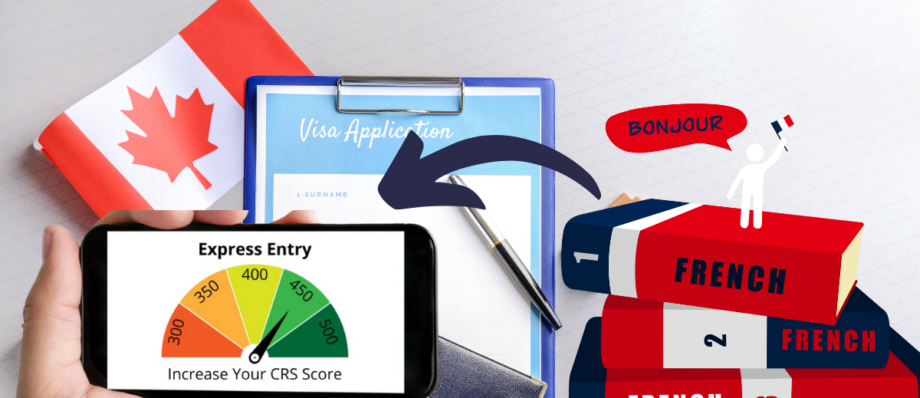French-Language Draws – Focus on linguistic diversity
French language proficiency has become a focal point for Canada’s Immigration, Refugees and Citizenship Canada (IRCC) within the Express Entry system, as they enhance their focus on French-speaking candidates. This initiative is part of a broader strategy to promote linguistic diversity and meet specific economic and regional labor needs. By targeting French-speaking professionals, Canada aims to support the growth of francophone communities outside Quebec, ensuring a balanced cultural and economic development across provinces.
In recent policy adjustments, the Express Entry system has seen increased invitations for candidates proficient in French. These targeted draws demonstrate Canada’s commitment to fostering a bilingual environment and provide an advantage to French-speaking immigrants seeking permanent residency.
The Role of French in Economic Immigration
The strategic inclusion of French language proficiency as a significant factor in economic immigration supports Canada’s bilingual heritage and opens new pathways for skilled professionals. This focus reflects a nationwide effort to maintain a linguistic balance and ensures that French-speaking populations can effectively contribute to the labor market. For immigrants, this means that proficiency in French could dramatically enhance their eligibility and opportunities within Canada’s competitive job landscape.
Furthermore, by prioritizing French speakers, Canada is able to fill critical gaps in the labor market, particularly in regions where French is less commonly spoken but highly valued. This policy not only supports economic objectives but also promotes the cultural integration of French-speaking immigrants throughout the country.

Recent Trends and Outcomes
In a notable shift, the IRCC’s recent draws have explicitly favored French-speaking candidates, offering them a chance to apply for permanent residency under more favorable conditions. For instance, the minimum Comprehensive Ranking System (CRS) scores required for these candidates have been significantly lower than those required in general draws. This policy has opened doors for many French speakers and has been crucial in meeting Canada’s diverse immigration targets.
The impact of these changes is clear, as more French-speaking candidates receive invitations to apply (ITAs), which enhances the multicultural fabric of Canadian society. This trend is expected to continue as Canada seeks to further its international reputation as a welcoming and inclusive destination for immigrants.
Strategic Impact on Candidates
Candidates proficient in French are now finding themselves at a distinct advantage in the Express Entry pool. This shift encourages prospective immigrants to enhance their language skills, as doing so could significantly boost their chances of success. The emphasis on French proficiency underscores the importance of linguistic diversity in Canada’s immigration strategy and highlights the value of multilingual skills in the global economy.
For those considering immigration, adapting to these policy changes by improving French language skills could be a decisive factor in their application’s success. It also presents an opportunity for applicants to stand out in a competitive process, showcasing the direct benefits of bilingualism in personal and professional growth.
Future Projections for Express Entry
As Canada continues to adapt its immigration policies, the focus on French language proficiency is likely to influence the dynamics of future Express Entry draws. This ongoing trend will not only affect the demographic makeup of immigrants but also Canada’s broader linguistic and economic landscape. Potential candidates should keep abreast of these developments, as they will play a crucial role in shaping immigration strategies and outcomes.
The intensified emphasis on French language skills in the Express Entry system underscores Canada’s dedication to fostering a diverse and inclusive society. This strategic focus not only aims to enhance the linguistic landscape of Canada but also ensures that French-speaking immigrants have equitable access to opportunities that support their integration and success within the country. As Canada continues to adjust its immigration policies, the importance of French in economic and cultural integration becomes increasingly significant.
For stakeholders in the immigration process, including potential immigrants and policy advisors, staying informed about these changes is crucial. Adapting to these developments not only requires awareness but also flexibility to navigate the evolving immigration framework effectively. This commitment to linguistic diversity is a testament to Canada’s proactive approach in building a community that values multiculturalism and inclusivity.


